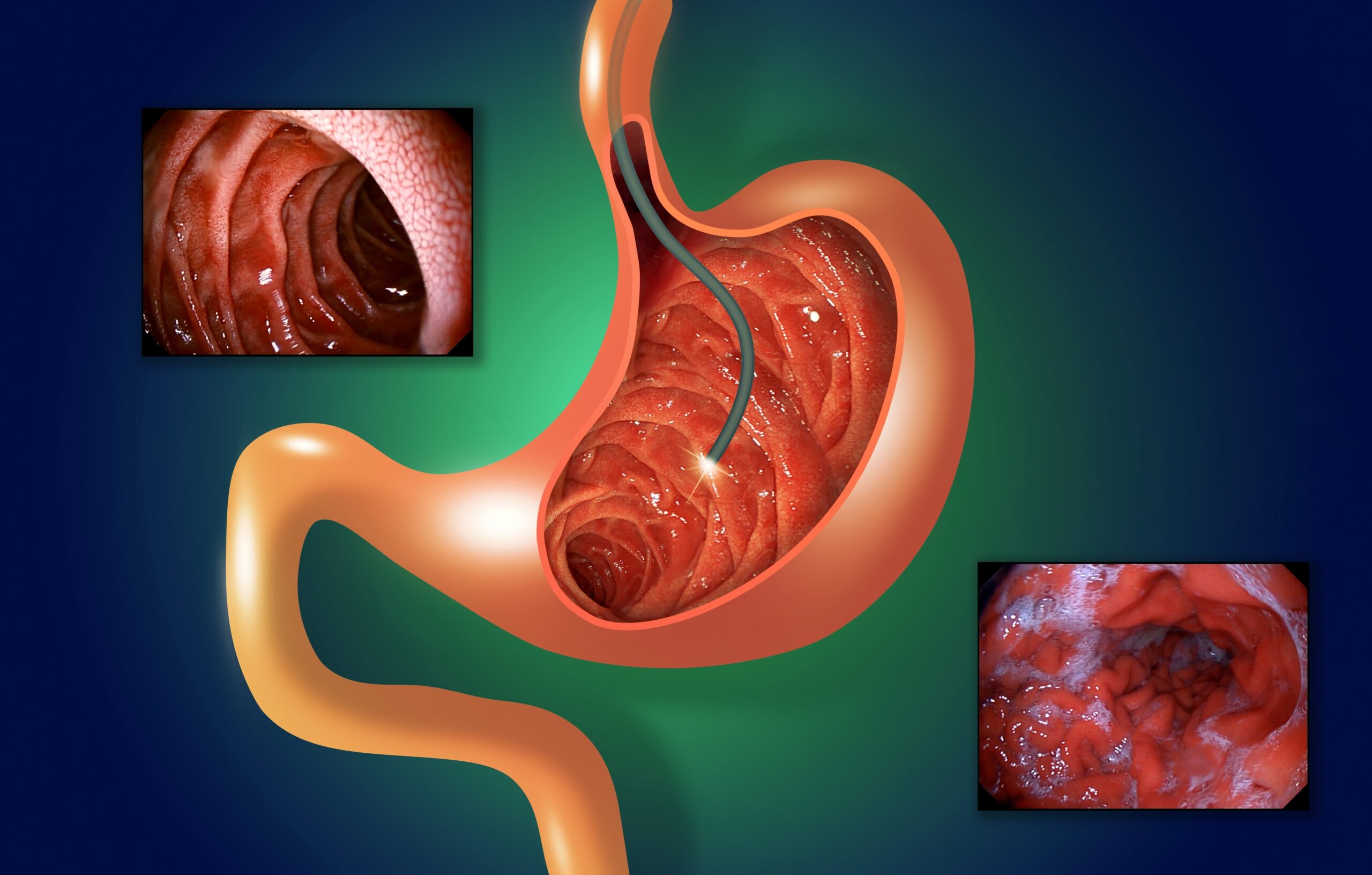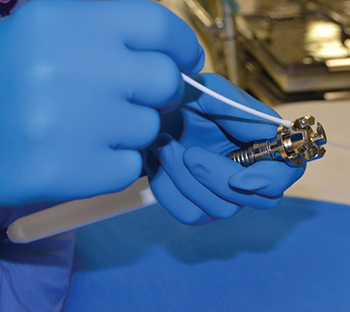
Editor's Note New consensus recommendations from the US Multi-Society Task Force on Colorectal Cancer (MSTFCRC) set a 90% adequacy benchmark for bowel preparation in colonoscopy, reinforcing the role of preparation in ensuring accurate screenings and reducing the risk of missed lesions. As detailed in a March 4 joint press release…

Editor's Note Early surgical intervention should be prioritized over endoscopy-first treatment in managing chronic pancreatitis with dilated pancreatic ducts, according to the results of a follow-up study of the ESCAPE randomized clinical trial. Published November 20 in JAMA Surgery, the findings specifically highlight pain relief, patient satisfaction, and need for…

Editor's Note Surgeons used a remote control to perform a magnetic endoscopy on a live pig more than 9,300 km (nearly 6,000 miles) away, Medical Xpress reported August 26. According to the article, researchers at ETH Zurich and The Chinese University of Hong Kong collaborated in the procedure, with the…

Editor's Note Odin Medical, a subsidiary of Olympus Corporation, received Food and Drug Administration (FDA) 510(k) clearance for its cloud-based AI technology, the CADDIE™ computer-aided detection device, PRNewswire September 5 reports. Designed to assist gastroenterologists in detecting colorectal polyps during colonoscopy, the AI-powered system analyzes real-time video footage and alerts…

Editor's Note Every August, ambulatory surgery centers (ASCs) promote awareness of how they "have transformed the outpatient experience by offering a convenient and personalized alternative to the hospital outpatient surgical setting," notes the Ambulatory Surgery Center Association (ASCA). This year, ASCA and other organizations are using the month to educate…

Some 800,000 knee replacements and 550,000 hip replacements are performed in the US each year. Factoring in the ever-expanding aging population, projections show the figure for knee replacements alone will explode to 3.5 million procedures being done annually by 2030—and that is just one type of procedure within a single…

Editor's Note Research presented at this year’s Digestive Disease Week in May highlights the potential health risks posed by smoke generated during tissue-cutting ablations in gastrointestinal (GI) endoscopy, Gastroenterology & Endoscopy News May 18 reports. Unlike surgeons in ORs, who follow specific regulations to mitigate smoke exposure, GI endoscopy procedures…

Gastrointestinal (GI) endoscopy is one of the most common procedures in the US. Performed more than 17.1 million times per year in inpatient and outpatient hospital settings as well as ambulatory surgery centers (ASCs), GI procedures account for 68% of all endoscopies, according to a May 2022 article in Digestive…

Inspecting surgical devices is a time-consuming process. However, diligently checking every instrument prior to sterilization is essential to ensuring safe, proper functioning. As the last people to see devices before they are used for patient care, sterile processing technicians must be thorough. Exterior surfaces should be inspected for flaws such…

Editor's Note With the goal of helping patients choose if outpatient care is right for them and identify the right ambulatory surgery center (ASC) for their needs, US News & World Report unveiled on May 14 its inaugural ranking of the best ASCs in the US. Reportedly, “fewer than 15%…